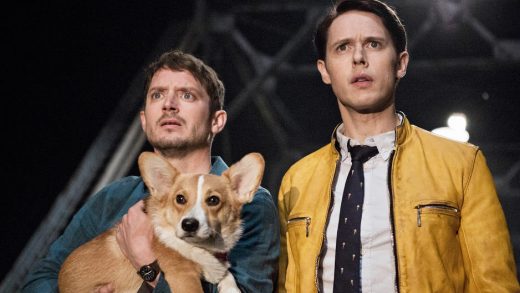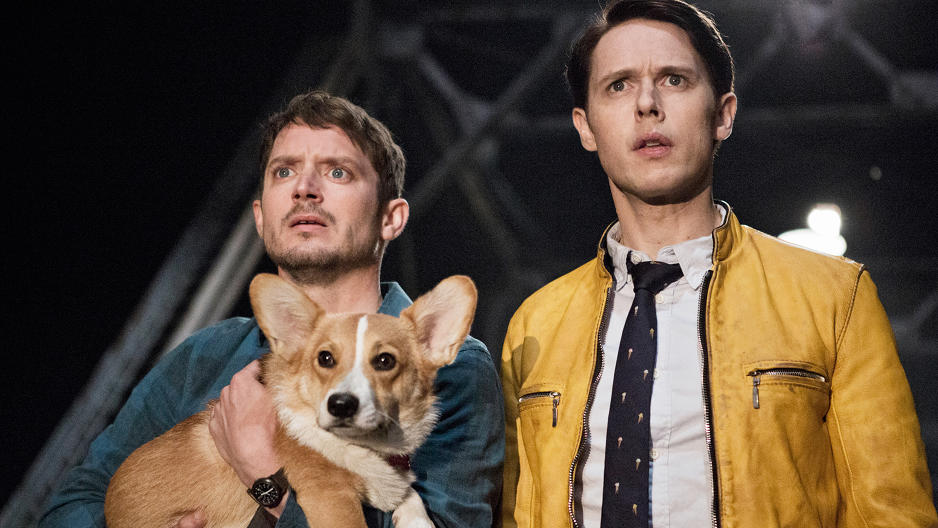How Publisher IDW Is Using Its Comic Book Experience To Build A TV Brand
The arrival of Dirk Gently’s Holistic Detective Agency on BBC America this Saturday caps a banner year for IDW Media Holdings, the publicly traded comic and game publisher that’s making steady inroads to film and television.
IDW adapted the quirky comedic thriller—from screenwriter Max Landis and the producers of The Walking Dead—from Douglas Adams’s Dirk Gently’s Holistic Detective Agency novels, which it optioned in 2014 and reimagined as a comic book series. Dirk joins IDW’s first TV venture, Syfy’s Wynonna Earp, a supernatural western based on Beau Smith’s IDW comic pitting Wyatt Earp’s granddaughter against demons. Wynonna premiered in April and recently renewed for a second season. USA Networks ordered a pilot pick-up for Brooklyn Animal Control for showrunner David Goyer, based on J.T. Petty’s organized crime thriller comic.
Other recent achievements include a National Book Award nomination for the final installment of March—Congressman John Lewis’s autobiographical graphic novel trilogy from acquired imprint Top Shelf Productions; publishing Pulitzer Prize-winning Berkeley Breathed’s first Bloom County collection in 26 years, and a lauded limited edition of Bill Sienkiewicz-illustrated New Mutants comics; and raising $4 million from shareholders for its entertainment division. With a market cap hovering around $220 million, the San Diego firm anticipates grossing some $60 million this year.
“What makes us unique is we’re the only public multimedia entertainment company outside of the behemoths, like the Warner Bros. and Disneys of the world,” says IDW CEO Ted Adams (no relation to Douglas). “Each of our divisions—publishing, board games, entertainment—feed each other’s success. There’s no microcap or midcap companies that are doing what we’re doing.”
In contrast to the entrepreneurial trend of flashy branding and swift results, IDW’s gradual expansion and diversification, sprinkled with occasional passion projects, provides an unusual case study in establishing a sustainable and stable media company.
“We’ve been in business for 17 years and it’s been slow, steady growth,” says Adams. “We try not to bite off more than we can chew, bring in smart people to run our businesses, and have a diverse product mix. I’m a conservative person by nature and don’t take a lot of big, uncalculated risks.”
Creatively, Adams is guided by his inner fanboy. A voracious reader who occasionally dabbles in comic writing, he walks a line between hands-on involvement and stepping back.
“What makes me unique as a publisher and CEO of an entertainment company is that I’ve spent my entire life consuming books, so I understand plot, character development, good writing, and good art,” he says. “I rarely get involved once I take on a project, but I am involved in whether we’re going to take on a project. This company is built around things I like and is very much a reflection of my taste.”
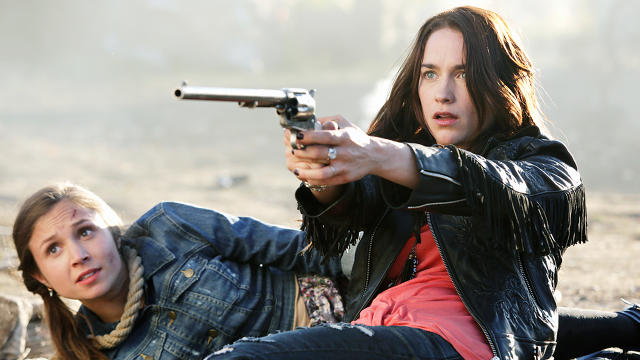
Product Diversity
More formally, Adams is CEO of IDW Media Holdings, and co-founder and operational CEO of its subsidiaries. They include IDW Publishing, which produces comics and graphic novels, and reprints classic American comic strips through its imprint, Library of American Comics; IDW Entertainment, which finances the development and production of TV shows; Top Shelf Productions, the Atlanta boutique publisher acquired last year; IDW Games, which produces board and card games; IDW Limited, which compiles high-end collectable limited editions; CTM Media Group, a travel brochure distributor to 14,000 hotels; Ettractions, a digital listing of travel destinations; and the San Diego Comic Art Gallery, which showcases original comic art, runs children’s comics classes, and a comics lending library.
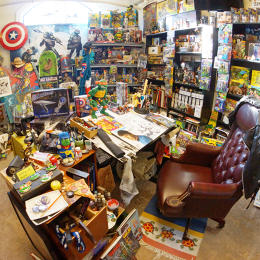
“The art gallery is more of a labor of love,” says Adams. IDW’s location in the city’s Liberty Station Arts District requires an art space for the public. “We could have accomplished that by putting art on the walls then opening our doors on the first Friday of the month. But we built our business here, and comics are in the DNA of San Diego, because of Comic-Con. So we did it in a much bigger way to give back to the community.”
Kevin Eastman, co-creator of Teenage Mutant Ninja Turtles and IDW’s artist-in-residence, curates the gallery, and often speaks to visiting students. “Kevin’s sort of become the creative presence for the company,” says Adams. “I’m not flashy and like to fly under the radar a little bit. We want our products to speak for themselves. It’s a big broad team. I don’t think it’s good to have a company that can’t succeed if one particular person is not there.”
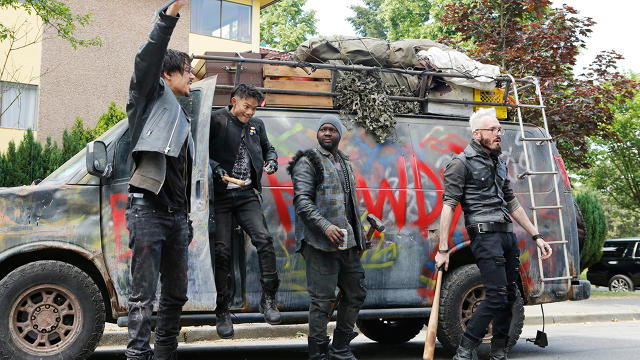
Building the Publishing Base
After nearly a decade working for such comic publishers as Dark Horse and the now-defunct WildStorm, and earning an MBA from Notre Dame University, Adams co-founded Idea and Design Works in 1999 to develop gaming and publishing spin-offs of pop culture properties. (Of the other founders, Robbie Robbins remains as EVP and senior graphic artist of IDW Publishing, while writer Kris Oprisko and illustrator Alex Garner are no longer part of the company.)
In 2007, New Jersey telecommunications firm IDT Corporation purchased a majority interest in IDW, spinning it off years later as its own public company, CTM Media Holdings—this year renamed IDW Media Holdings.
The business has grown steadily each year and now employs a salaried staff of 62 and 250—300 freelancers. It publishes both print and digital versions, and distributes its games beyond comic bookshops to stores like Walmart, Target, and Toys”R”Us.
“Our accounting department is the same size as our editorial department,” says Adams. “We go way above and beyond on the royalty reporting and profit and loss statements. We’re constantly analyzing what works within each division, each brand, product category from a financial standpoint. We’re extremely disciplined about the bottom line, which enables us to have the positive cash flow to grow some of these divisions, or gamble on new products.
Successful TV properties will, in turn, prompt new lines of comics, games, and possibly apps that synch with show plots and characters. “We want to have all these pieces of IP go through every division,” says Adams. “We know what we need to do to grow. The challenge is the entertainment division, because so much of it is outside of our control. The linchpin is finding a network to get a show going.”
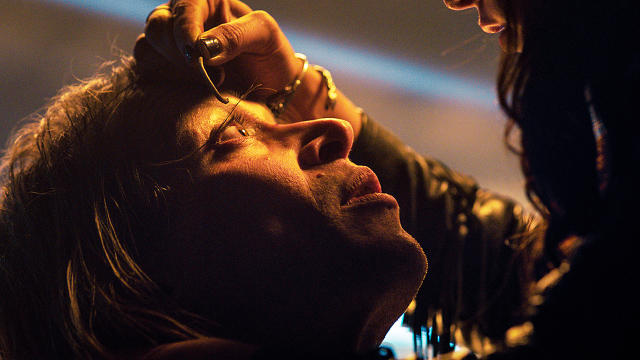
The Move to TV and Film
IDW launched its entertainment division in 2013 with a low-to-mid-seven-figure investment gleaned from earmarked profits over the years. Adams hired veteran TV executive David Ozer, who’d previously worked for Sonar Entertainment, Starz, and Sony, to oversee the division, and enlisted Circle of Confusion, IDW’s publishing manager and the producers behind The Walking Dead, to help develop.
“Circle of Confusion makes sure the scripts are good, and David knows who to sell the shows to,” says Adams.
Still, the team racked up early successes. In addition to Wynonna Earp, Dirk Gently, and Animal Control, other TV properties in development include the animated Wormwood, voiced by George Lopez from a comic by Ben Templesmith, and live-action dramas Locke & Key, based on the graphic novel series created by Joe Hill, who is also writing the pilot; the Michael Chiklis vehicle, Pantheon, based on a comic he created; and Winterworld, from a Chuck Dixon comic.
IDW’s structure offers certain advantages, such as streamlined decision-making and a vast library that can accommodate TV network’s changing content needs. It serves as its own studio by deficit-financing its development and production slate alongside equity partners, such as AMC Studios and Malaysia’s Ideate Media (Dirk Gently), Calgary’s Seven24 Films (Wynonna Earp), and Universal Cable Productions (Brooklyn Animal Control).
“We’re working outside of the [traditional] studio system, so we have a direct line of communication with the writers,” says Ozer. “We develop and package [a property], create a pilot script and series format, before we try to sell it. It lets us move projects through faster because we’re the ones making decisions. Basing shows on comic properties makes them easier to conceptualize, and some bring a huge fan base. But no matter what you bring in, even after landing at a network, there’s still work being done.”
IDW’s film strategy relies on studio optioning. Steven Spielberg’s Amblin Entertainment last summer optioned Aleister Arcane, a horror comic from writer Steve Niles and artist Breehn Burns, for Jim Carrey and director Eli Roth. Sony is developing the post-apocalyptic comic Zombies vs Robots from writer and IDW CCO Chris Ryall and artist Ashley Wood. And Warner Bros. is developing the mythic Lore from writer T.P Louise and artist Ashley Wood, for Dwayne Johnson.
“We option content to film companies and take a passive role while the studios develop it,” says Adams. “On the TV side, we decided to control our own destiny and put our own money on the table. In the entertainment division, we’ve mitigated risk by doing a portfolio play. We didn’t want to put all of our eggs in one basket, so we developed 10 shows with the idea that we’d get a couple on the air. If we develop one or two shows and they don’t go, we’ve spent all of that money on overhead and it didn’t pay off.”
For shows that don’t get picked up, IDW might build audiences internationally before pitching them Stateside again. It’s also considering its own digital channel with original and licensed like-minded content.
“I’d need someone who can put that together for us,” says Adams, while Ozer adds, “The volume of people IDW reaches, it makes sense to have some sort of its own platform.”
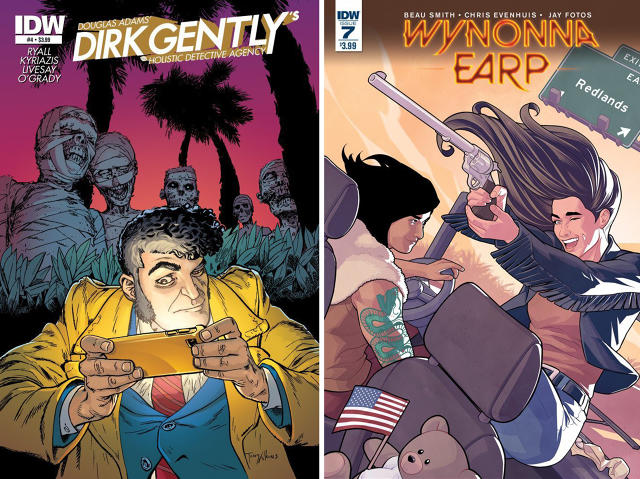
Creating Stability
Despite his success, Adams is uncertain how to advise future entrepreneurs interested in this arena. “It’s hard to replicate what we’re doing, because it’s based on a history of building an infrastructure of steady, reliable, positive cash flow, and a big IP catalog,” says Adams. “You couldn’t start up a publishing division, then a gaming division six months later, then an entertainment division right after, unless you have a giant amount of cash or someone comes in with $50 million, $100 million.”
The other component is credibility. “A good TV script might get you attention, but you’d still need a reputable agent to get you in the door,” says Adams. Comics are even more mercurial. “Comic bookstores are risk-averse, because they can’t return orders. It takes awhile to build a good reputation for books that sell well, so it’s very hard for new comic book publishers. When we started, we published one comic book, then two. Three years later, we had five. It took a really long time to build their trust that we could give them something they could sell. There’s no get-rich-quick scheme in the world of comic books.”
Fast Company , Read Full Story
(34)

